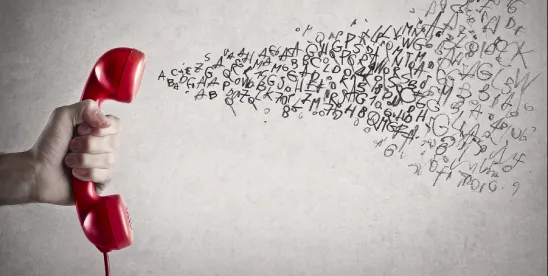Platforms, carriers and anyone else worried about TCPA liability should pay close attention to a recent decision out of West Virginia. Daina Mey sued several common carriers–including CenturyLink and Level 3 Communications–for alleged violations of the TCPA. The common carriers moved to dismiss, raising a slew of arguments against Ms. Mey’s complaint. The Court rejected all of them and denied the common carriers’ motions. The entire decision is worth a careful read, but there are two critical takeaways. See Mey v. All Access Telecom, Inc., 5:19-cv-00237-JPB, 2021 U.S. Dist. LEXIS 80018 (N.D. W.Va. April 23, 2021).
First, the universe of entities that can “make” a call under the TCPA is quite broad. The Court here relied on a 2015 FCC Order, which states:
One can violate the TCPA either by taking the steps necessary to physically place a telephone call, or by being so involved in the placing of a specific telephone call as to be deemed to have initiated it.
And a court must look at a “totality of the facts and circumstances surrounding the placing of a particular call” to make the determination. Notably, the seven factors the Court identified reflect a range of conduct often far removed from “taking steps” or “initiating” a call. As one example, a carrier who “willfully enables fraudulent spoofing of telephone numbers by offering that functionality to clients” potentially qualifies. The Court conceded that applying the 2015 FCC Order does “not provide easy answers in close cases.”
Ultimately, the Court concluded that Ms. Mey plausibly stated a claim because her complaint included conclusory allegations about the carriers’ alleged participation in illegal calls, or claims about their alleged functionality that could plausibly link them to “initiating” a call under the 2015 FCC Order. No doubt future plaintiffs (and their lawyers) will take note.
Second, the Court rejected the defendants’ argument that “as common carriers, they are immune from liability under the TCPA.” In rejecting this argument, the Court joined several others that have reached the same conclusion. The Court characterized the defendants as “paint[ing] with too broad of a brush”; it also endorsed the rationale of–and quoted heavily from–several VoIP services cases that reached the same result.
As the Court explained, the defendants (like VoIP services in other cases) operated under the “asserted but unsupported premise” that they qualified as “telecommunication carriers.” However, that issue is “disputed” and a long-contested one more broadly:
The key point in determining if any entity is a common carrier is whether the entity operates a pipeline transmission service, or whether it provides services that rely upon the pipeline service for their operation.
Because Ms. Mey alleged sufficient facts to concluded that defendants were not entitled to immunity as common carriers, the Court denied defendants’ motion to dismiss on that ground too.




 />i
/>i

